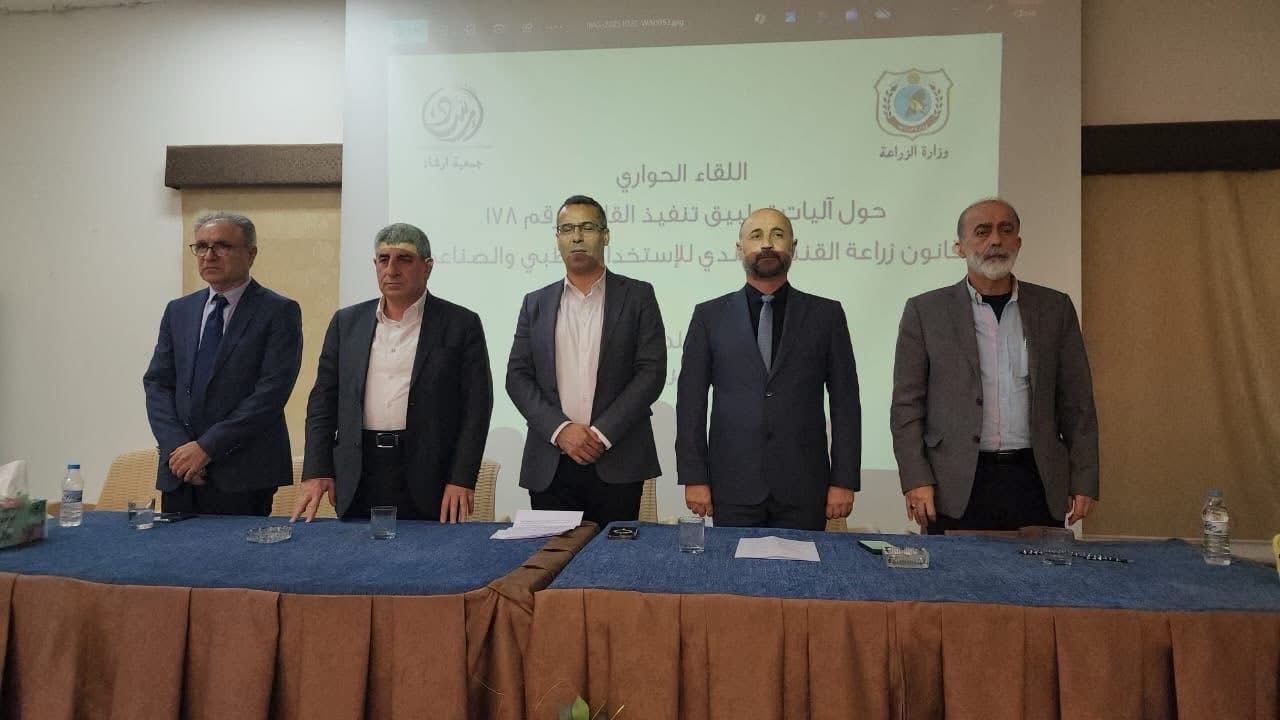Lebanon has become the latest country to begin implementing a medical cannabis framework as border clashes with the Israeli army continue and financial challenges persist.
The goal is to aid a struggling economy and deal a blow to the state’s illicit industry, as is generally the case with legalization measures.
According to McKinsey International Consulting, as cited in a report from Al Jazeera published on Oct. 27, legal cannabis farming and subsequent sales to local and international pharmaceutical companies are expected to contribute up to US$1 billion per annum to the state’s coffers.
“The government decision ends decades of security pursuit of farmers of this plant who operated in secrecy,” Al Jazeera stated this week.
There are thousands of hectares of cannabis crops in the foothills of Hermel, Bekaa Valley and elsewhere that have provided livelihood for residents for years despite being illegal. These cultivators say that they have had no other choice than to commit a crime. Now, they could gain access to legitimate sales channels rather than having to distribute illegally like in previous years.
A special regulatory body has been established by the government to manage sales and reduce the country’s budget deficit.
“Lebanon is at a turning point for its cannabis sector,” said Mohamed Mroueh, a professor from the Lebanese American University in Beirut, last week.
“With the Regulatory Authority now in place, this season presents an opportunity to bring farmers into the legal framework and bridge the gap between traditional illicit cultivation and a fully legal and regulated, evidence-based medicinal cannabis industry,” he added.
Lebanon originally passed legislation to legalize medical cannabis in 2020 but the framework’s implementation had been stalled until now. Recent economic concerns have made forwarding the process become more imperative. The country’s Cannabis Cultivation Management Committee has now officially started its work under the law.
In 2019, a report put together by the United Nations Office on Drugs and Crime found that Lebanon was the world’s third largest producer of cannabis resin products. Morocco and Afghanistan are the leading countries and Pakistan is fourth.
“The cannabis resin from those countries is principally used to supply markets in the Near and Middle East and South-West Asia,” the assessment specified.
أقرّت الحكومة اللبنانية قانونا يشرّع زراعة الحشيش لأغراض طبية وصيدلانية، وشكّلت هيئة خاصة لإدارة عمليات البيع في الداخل والخارج، بهدف تقليص عجز الموازنة ودعم ميزانية الدولة.
القرار الحكومي يُنهي عقودا من الملاحقة الأمنية لمزارعي هذه النبتة الذين كانوا يعملون في الخفاء.… pic.twitter.com/yVv8lvYCss
— الجزيرة مباشر (@ajmubasher) October 28, 2025
Read more: Spain takes historic step toward legalizing medical cannabis
Follow Rowan Dunne on LinkedIn
rowan@mugglehead.com












